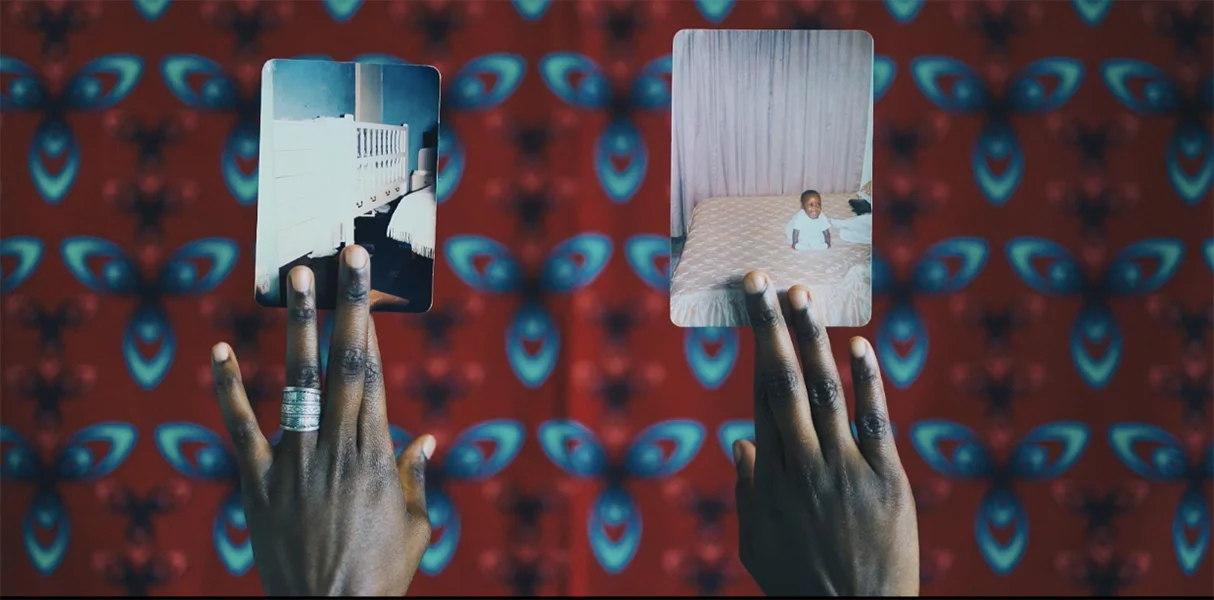Short Documentary Film ‘Lugha Ya Mama’ Celebrates Motherhood, Culture and The Imparting of Wisdom
Lugha ya Mama (meaning the Language of Mothers in Kiswahili) is a short documentary film exploring the stories of five women and their individual life experiences. Influenced by filmmaker Mary Nyambura’s upbringing of being Kenyan-British, she explains that it was on arriving in the UK, aged 4, that a curiosity of culture led to creativity. “I found it beautiful that I didn’t speak a word of English yet I felt part of an English community straight away”. Progressing to study history at University highlighted for Mary the importance of learning from others experiences. “The history of Africa is very important to me. Looking at people from different communities and cultures and sharing my perspective on topics is something I’m interested in. I do it in regards to education, teaching and empowering people”.
Working as an actress has impacted Mary’s desire and approach to making Lugha ya Mama. “The more film and theatre productions I did, the more I thought I need to start articulating my opinions. It is important for me to find other avenues to plug my creativity and so film became my platform. I use my experience and my desire to work with people I admire to curate my own points of view”.
““Looking at people from different communities and cultures and sharing my perspective on topics is something I’m interested in. I do it in regards to education, teaching and empowering people.””
Citing foreign cinema and the Dogme 95 movement as sources of inspiration, Mary explains that it is the use of colour, scenic imagery and music that optimise her expression of authenticity. Stripping away the glamour and grandeur of film to show the bare necessity of relationships, communication and trust. Symbolism plays a large part in the orchestrated still shots as well as the soundtrack. We are shown photographs retracing personal memories sat against a Kanga (African Cloth) backdrop. This cloth reflects Mary’s wish to preserve her Kikuyu heritage as well as a nod to its maternal function, acting as a sling to carry a baby. “My mother carried me with these cloths and I carried my cousins in these cloths”. Accompanying the end of the film, we hear Mary’s mother chant ‘Ngemi’ - a call used in Kikuyu culture for various ceremonies, including when a girl is born in Kikuyu land. “The women in the village will chant 5 Ngemi’s to alert the men that a girl has been born”.
““I like the idea of an ordinary person being a superhero, because everyone has a bit of magic in them””
In Lugha ya Mama, we meet family members, Mothers of close friends from childhood and work colleagues. When asked how Mary chose her narrators, she explains “I believe all of them have an abundance of wisdom and you really can't buy this stuff. I spent a lot of time meditating over the questions I would ask so they were detailed and specific to each of them”. We see five themes embedded through the five female narratives - the beginning of the lifecycle of motherhood, platonic friendships, grief of loved ones, breakdown of relationships and gratitude, through the act of service.
The idea of passing on the baton of wisdom is an important act in Mary’s own life, “in many indigenous communities around the world, women are the anchors of society and offer guidance to younger novice girls through a series of rites of passage, something I have experienced being Kikuyu”. So with one camera and five women, Lugha ya Mama was created.
CREDITS
Director: Mary Nyambura
DOP: Curtis Essel
Producer: Precious Mahaga
Storyboard Artist: Rog Dakouri
Words:Bethany Burgoyne







